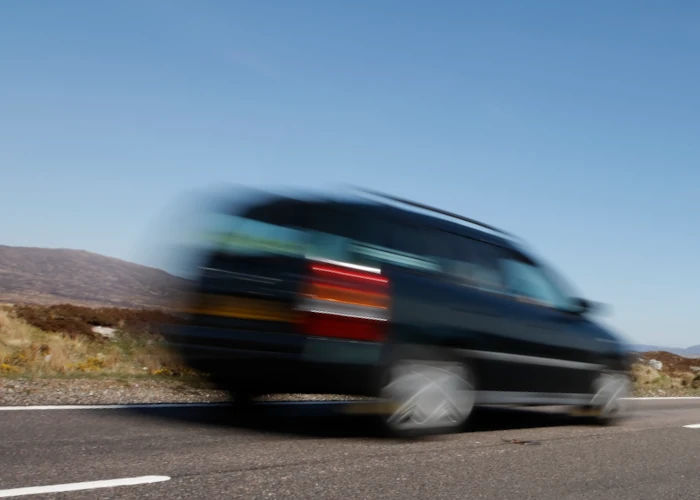
If you’ve been injured while cycling due to someone else's negligence, you may be entitled to financial compensation. Typically, a claim would be made against the other party’s insurance.
But what happens if the driver is uninsured or untraceable, such as in a hit-and-run incident?
Identifying who is responsible for a hit-and-run accident
If you pursue a no win, no fee compensation claim, the first step your solicitor will take is to determine who is responsible for your injuries.
If the driver who caused your accident is cannot be identified or traced, an experienced solicitor can often identify who was liable by thoroughly investigating the accident.
At the outset, your solicitor will gather all relevant evidence, including:
- Witness statements
- Photographs of the scene
- CCTV footage
- Police reports
They’ll examine the road conditions, signage, and any potential contributing factors, such as obstructions or dangerous road surfaces.
They’ll also review traffic laws and regulations to identify any violations or negligence on the part of the driver.
Your solicitor may even work with accident reconstruction experts to gain a deeper understanding of the circumstances that led to your injury.
What if the other driver is uninsured or can’t be traced?
If your solicitor cannot identify the driver or confirms that they were uninsured, you can still make a compensation claim through the Motor Insurers Bureau (MIB).
The MIB is a UK organisation that helps people who have been injured in road accidents caused by uninsured or untraced drivers. It acts as a safety net, ensuring that victims can still receive compensation, even if the at-fault driver cannot be identified or does not have insurance.
How to make a claim through the Motor Insurers Bureau
You can start a claim with the MIB on your own as a direct claimant or through a solicitor acting on your behalf.
Whichever route you ultimately choose, it’s still advisable to consult a solicitor first. They can evaluate your case and determine the best approach. Sometimes, they may identify the at-fault driver or discover an applicable insurance policy, allowing you to make a standard no win, no fee claim.
If it’s confirmed that the driver was uninsured or untraceable, you can proceed with an MIB claim. While you can submit a claim yourself, working with a solicitor can ensure that the process is handled correctly and that you receive the maximum compensation possible.
Who is eligible to claim through the MIB?
To be eligible for an MIB claim, the accident must have occurred within the UK, including the Isle of Man, Channel Islands, or Gibraltar. You can also claim if the accident involved a foreign-registered vehicle while you were cycling in the UK.
Will I receive the same amount of compensation through the MIB?
Compensation through the MIB is calculated based on the severity of your injuries, their impact on your life, and any financial losses you've incurred, such as medical expenses or loss of earnings. The process is similar to a standard personal injury claim, but there are some differences.
While the MIB aims to provide fair compensation, they operate under the 'Uninsured Drivers Agreement' and the 'Untraced Drivers Agreement', which set maximum limits for certain types of injuries and losses. These amounts may differ from the compensation guidelines used in direct claims against an insured driver.
Although the compensation may not always be identical to what you'd receive from an insurance company, the MIB is committed to providing reasonable compensation for your injuries.
See also:
How much compensation will I be able to claim?
How we can help
If you’ve been injured by an uninsured or hit-and-run driver, you still have options for claiming no win, no fee compensation.
Our expert panel of cycling accident solicitors understands the challenges of these complex cases and has extensive experience working with the Motor Insurers’ Bureau (MIB) to secure compensation for injured cyclists in these situations.
We’ll guide you through each step, from gathering evidence to negotiating with insurance companies or the MIB, ensuring your recovery and financial needs are prioritised. With our support, you can focus on healing while we work to secure the best possible compensation outcome for you.
 Written by Chris Salmon on 3rd July 2023
Written by Chris Salmon on 3rd July 2023